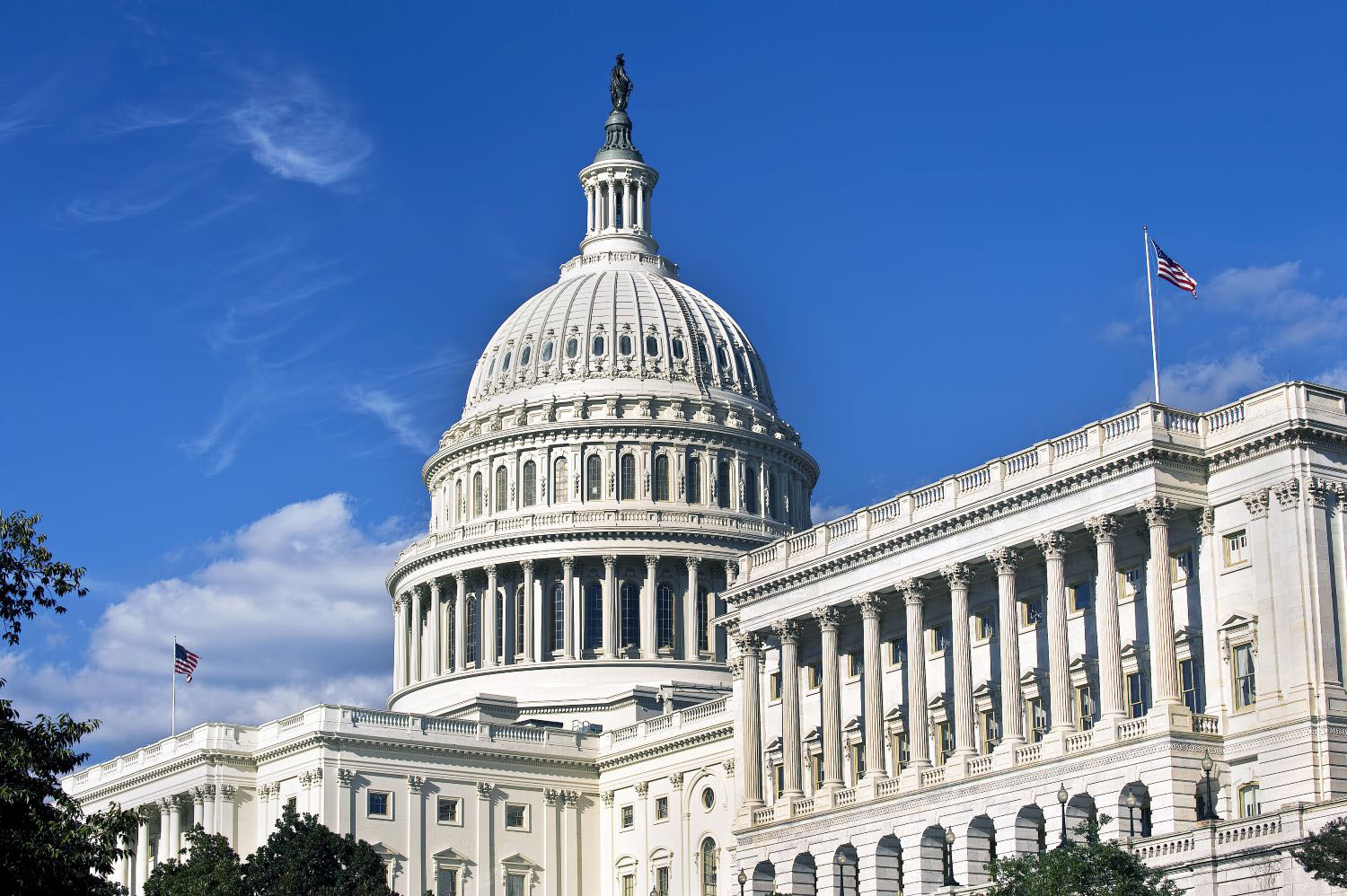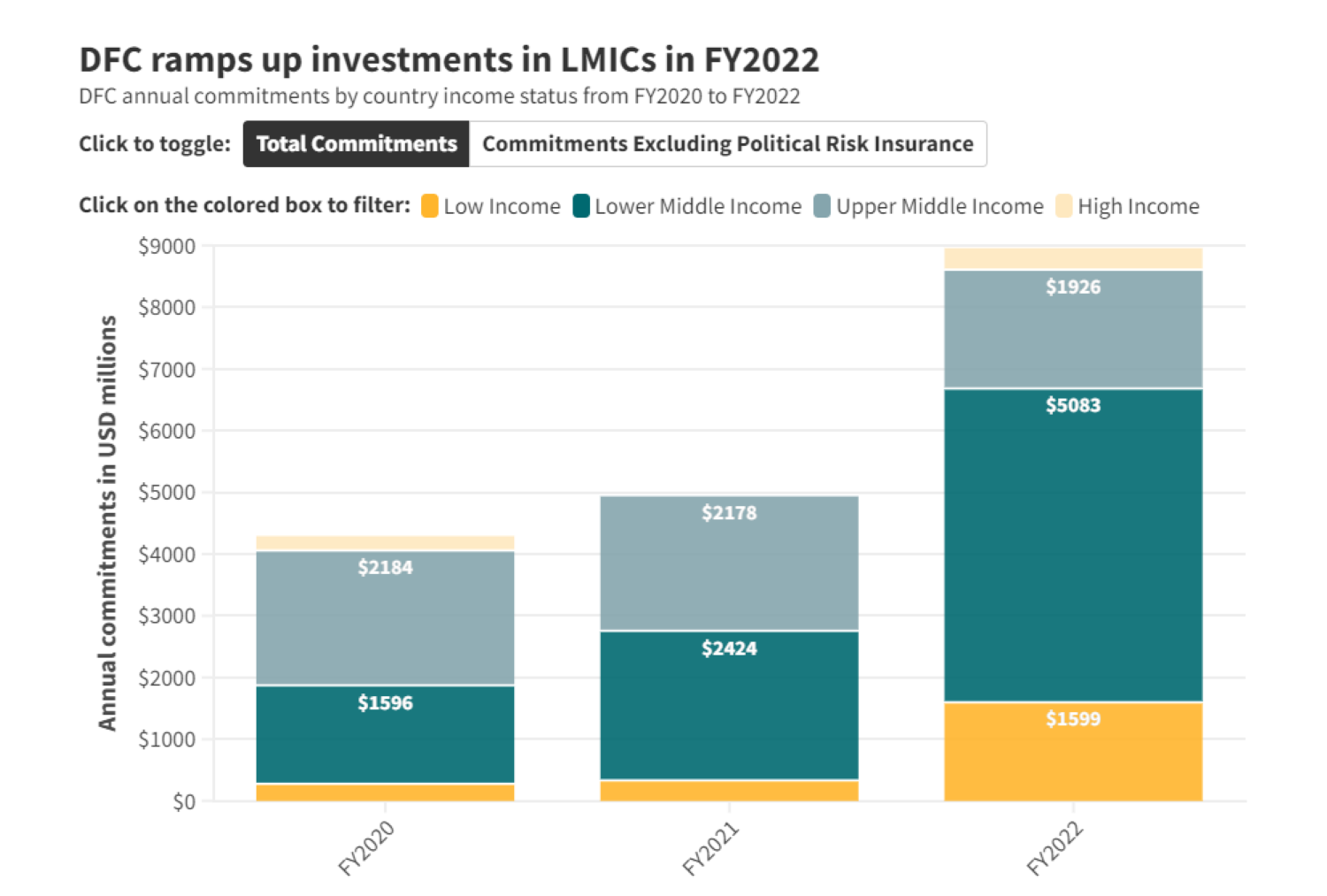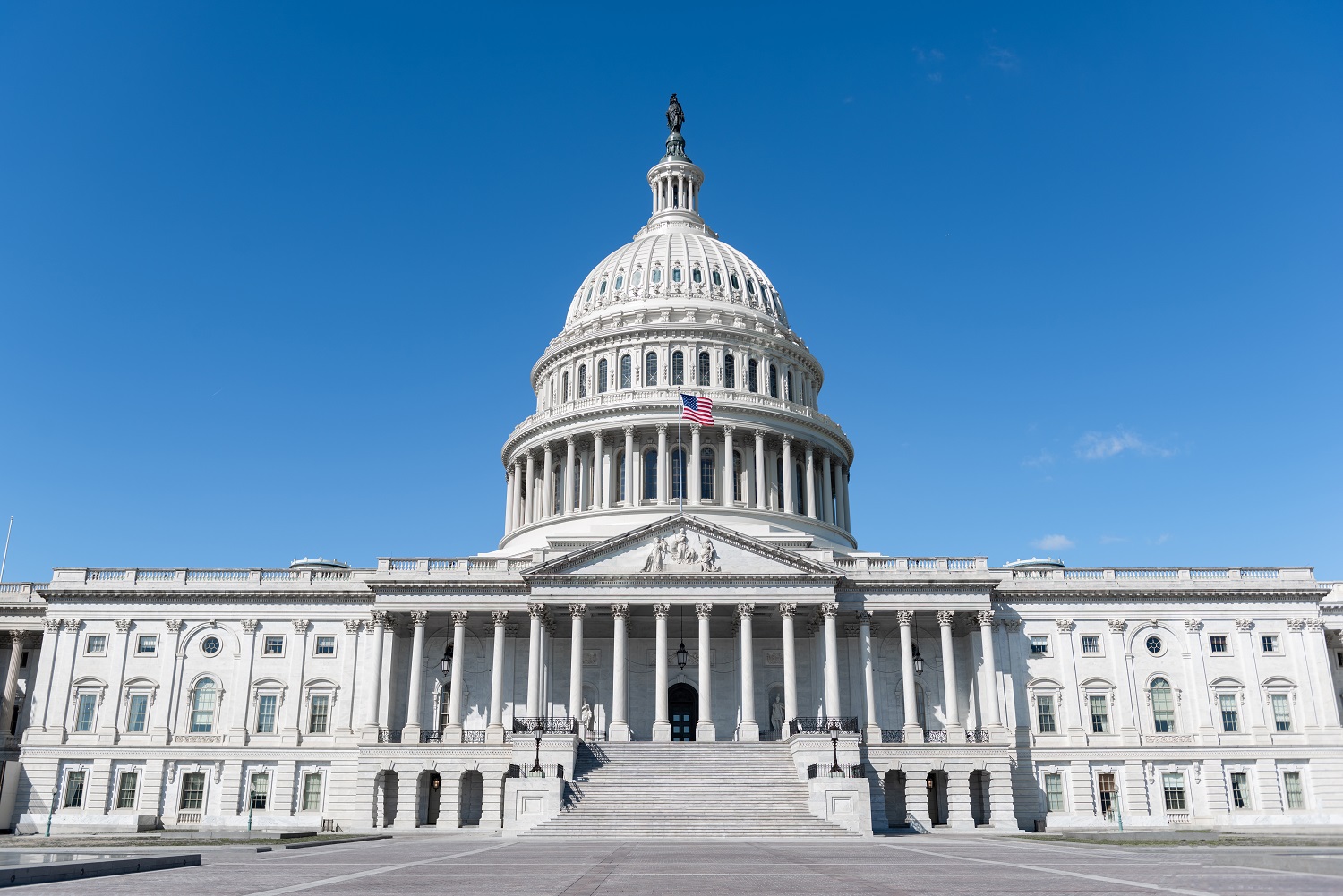Secretary Kerry, the world is on fire, the threats are real, and you can’t work any harder. Even while firefighting, you're giving your first big development policy speech tomorrow, at USAID's Frontiers in Development Forum. Immediately after, you'll head to the UN to chair the Security Council's High-Level Ministerial on Iraq and help lead the urgent fight against extremists in the region.
As someone with over a decade of experience working in diplomacy and development, I know that even as you do your part to suppress the flames today, in the long term the fight against extremism will be won when equal opportunity, shared prosperity, and just institutions take the place of oppression, injustice, and disenfranchisement. Don’t miss the chance tomorrow to say what the United States will do to advance that outcome — what the United States will build, in addition to what it will “degrade, defeat, and destroy.”
Here’s an idea: Respond directly to the demands of the world’s disenfranchised youth with a large-scale investment vehicle that will unleash entrepreneurship and create the economic opportunity they seek. Inclusive economic growth is key to a more stable global order, and the United States must move from tinkering at the margins to an expansive effort that will harness the power of the private sector and vastly increase our development arsenal. This isn’t about doing a little more with OPIC or a little more technical assistance. This is about altering the development landscape with a game-changing financing institution that will significantly ramp up US private-sector engagement in higher-risk or emerging markets, support the rapid growth of indigenous businesses, and be a real engine for jobs and shared prosperity.
We know that such initiatives can be net gains for our own economy. As my colleagues have written, OPIC has returned money to the US Treasury in every year of its existence, and current efforts by existing private-sector partnership vehicles (such as OPIC, USTDA and USAID’s Development Credit Authority) have generated an estimated $99 billion in US exports and nearly 390,000 American jobs.
But these efforts are too meager and too fragmented to change the development landscape. Streamline them, build on their expertise and networks, ramp up their investment capacity with broader authorities, and you’ve got something tangible, responsive, and constructive to offer to those who are struggling to make it against odds defined by strife, instability, poverty, and inequality.
Take as an example the tremendous growth of Jordan’s tech sector over the course of less than a decade. It now accounts for 12 percent of Jordan’s GDP, employs 6 percent of its labor force, and is the regional leader in tech start-ups. As evidence of the private sector’s incredible capacity to mobilize regulatory reform and advance social development, Jordan is now the 10th best place to start an IT company in the world, and women make up 30 percent of its tech labor force and 35 percent of its tech entrepreneurs — compared to 10 percent globally. That’s the result of a concerted effort by local political and private-sector leadership, partnering with outside investors, to nurture and then accelerate Jordanian start-ups. An OPIC loan guaranty facility played a part, committing $80 million to four local banks to support lending to SMEs. Imagine the outcomes if we could replicate that success many times over.
Mr. Secretary, you are a long-time development champion. Initiatives you were party to launching — PEPFAR, the MCC, improved governance and human rights — were huge advancements in development that changed millions of lives. Don’t let today’s crises overtake your development legacy. Put yourself on the new frontier in development by unlocking the power of the private sector to build opportunity and shared prosperity.
CGD blog posts reflect the views of the authors, drawing on prior research and experience in their areas of expertise.
CGD is a nonpartisan, independent organization and does not take institutional positions.





